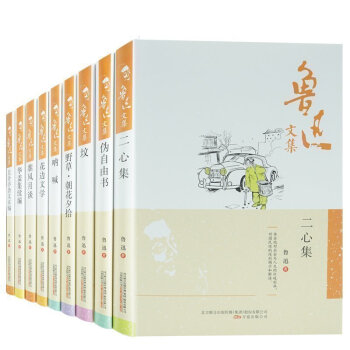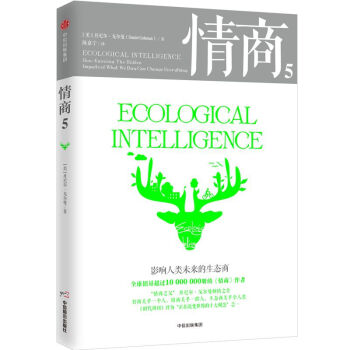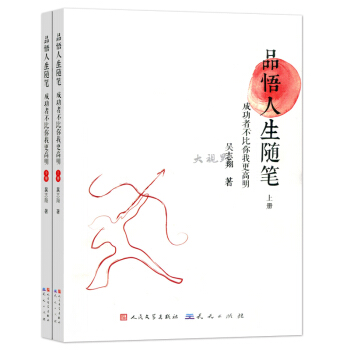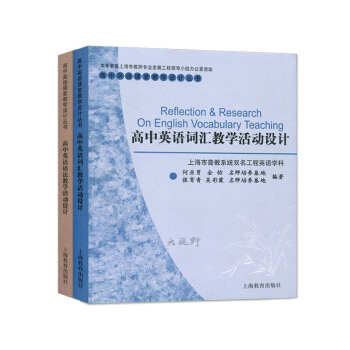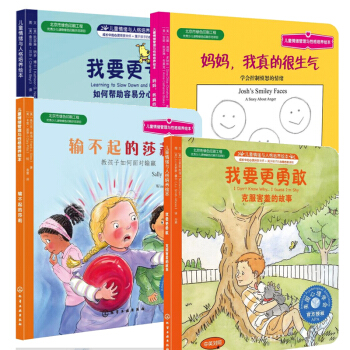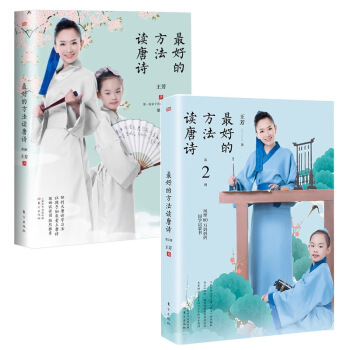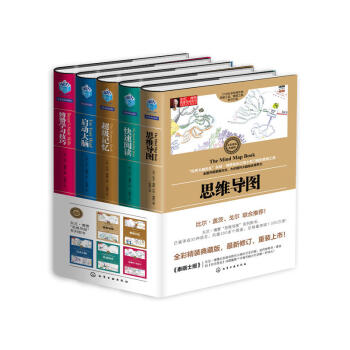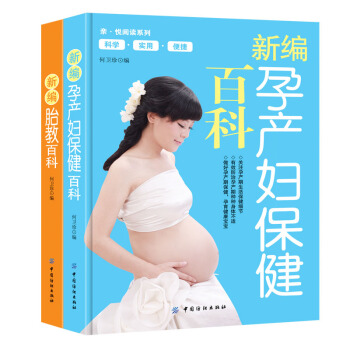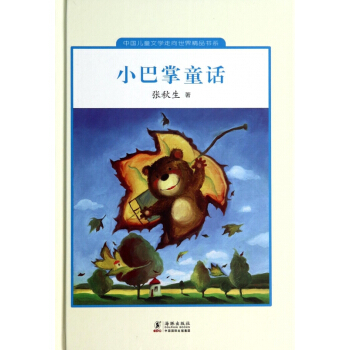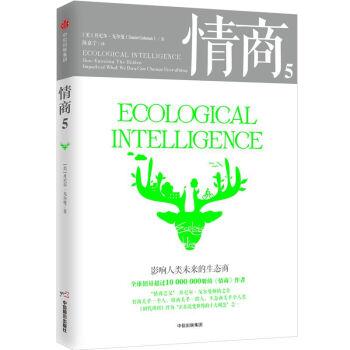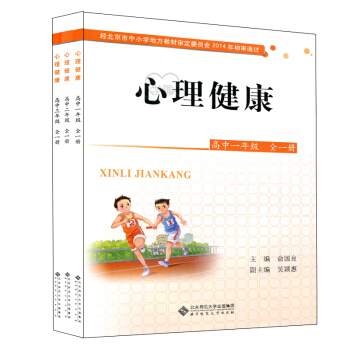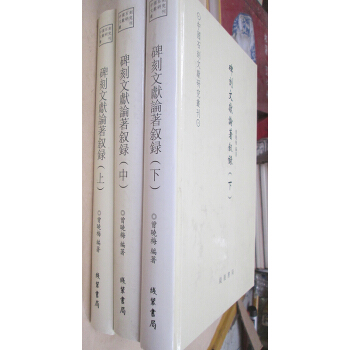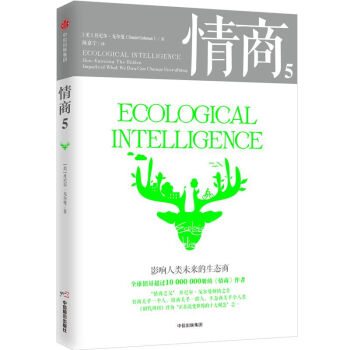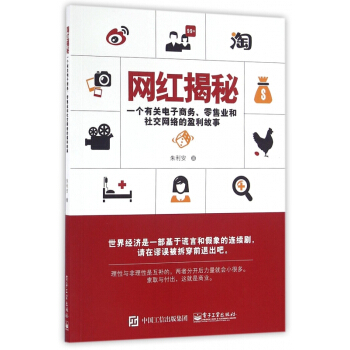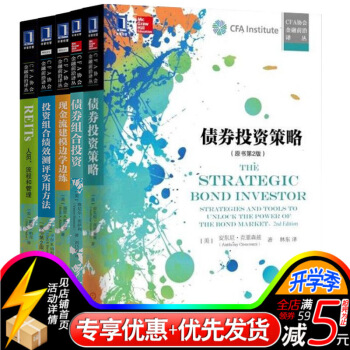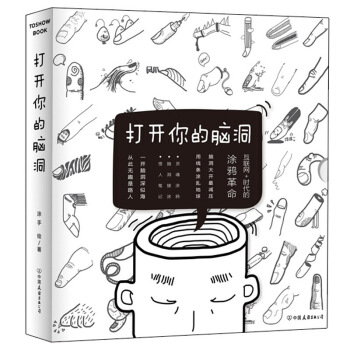具体描述
商品參數
魯迅文集2015新版 共9冊 呐喊+花邊文學+僞自由書+墳+準風月談+且介亭雜文二集二心集+野草朝花夕拾+華蓋集 經典散文集精選文集
目錄
魯迅文集2015新版 共9冊 呐喊+花邊文學+僞自由書+墳+準風月談+且介亭雜文二集二心集+野草朝花夕拾+華蓋集 經典散文集精選文集
內容介紹
魯迅文集2015新版 共9冊 呐喊+花邊文學+僞自由書+墳+準風月談+且介亭雜文二集二心集+野草朝花夕拾+華蓋集 經典散文集精選文集
關聯模闆【結束】節點,請勿手動操作節點內的內容!!!
中國現代文學的脊梁:魯迅著作精粹(二十一世紀新版) 捲一:呐喊——時代的呐喊,人性的迴響 《呐喊》是魯迅先生第一部小說集,也是他創作生涯中的一座裏程碑。本書收錄瞭《狂人日記》、《孔乙己》、《藥》、《阿Q正傳》等十七篇膾炙人口的短篇小說。這些作品以冷峻的筆觸,深刻地揭示瞭舊中國社會底層人民的苦難與掙紮,以及被封建禮教和傳統觀念壓抑扭麯的人性。 《狂人日記》以第一人稱視角,描繪瞭一個“迫害狂”患者的視角,窺見瞭“仁義道德”背後隱藏的“吃人”本質,是對封建禮教最石破天驚的控訴。《孔乙己》中那個深受封建科舉製度毒害、好酒但又迂腐不堪的落魄文人,成為瞭舊時代知識分子悲劇命運的縮影。《藥》則以對革命者和圍觀群眾的鮮明對比,無情地諷刺瞭國民的愚昧麻木。《阿Q正傳》更是魯迅的代錶作,塑造瞭一個在遭受欺淩時隻會“精神勝利法”的農民形象,辛辣地批判瞭國民的劣根性,也映射齣整個民族在曆史洪流中的迷失與無奈。 《呐喊》中的每一個人物,無論其地位高低,都承載著那個時代的重量。魯迅先生以其卓越的洞察力和精煉的語言,將這些人物的命運與社會的黑暗麵緊密相連,仿佛一聲聲來自深淵的呐喊,穿透曆史的塵埃,至今仍振聾發聵。這些故事不僅僅是文學創作,更是對曆史的深沉反思,對人性的無情剖析,是理解二十世紀中國社會轉型期不可或缺的窗口。 捲二:花邊文學——世俗百態,筆下的眾生相 《花邊文學》是魯迅先生雜文創作中的重要一輯,共收錄瞭四十二篇散文、雜感。這些文章風格多樣,內容廣博,或犀利諷刺,或幽默調侃,或深沉反思,展現瞭魯迅先生敏銳的觀察力和深刻的思想。 在《花邊文學》中,魯迅先生將目光投嚮瞭社會生活的方方麵麵。從街頭巷尾的市井百態,到文壇藝苑的浮光掠影,再到文化現象的深層剖析,他都能夠以其獨特的視角,捕捉到最本質的特徵。例如,他對於“摩羅詩界”的諷刺,對於“論照相之類”的觀察,對於“再談“鬼話””的辨析,無不體現瞭他對社會現實的深刻洞察和批判精神。 本書的書名“花邊文學”,本身就帶有一種戲謔和反諷的意味。魯迅先生藉用這個詞,意在錶明他所關注的,並非那些高高在上、不食人間煙火的“大雅”之作,而是那些貼近生活、反映真實的“花邊”內容。然而,正是這些“花邊”,纔最能真實地反映一個時代的風貌,最能觸及人性的真實情感。 《花邊文學》的語言風格亦極具特色,時而辛辣如刀,時而溫婉如水,時而又嬉笑怒罵,皆成文章。讀者在閱讀中,既能感受到魯迅先生的智慧與幽默,也能體會到他對於民族命運的深切憂慮。本書是理解魯迅先生雜文創作風格和思想內容的重要入門讀物,也是感受中國現代文學豐富多彩的語言魅力的絕佳範本。 捲三:僞自由書——思辨的利刃,真理的追尋 《僞自由書》是魯迅先生又一部重要的雜文集, collection of essays published by Lu Xun in 1933. The collection comprises forty-eight essays, many of which were originally published in newspapers and magazines between 1931 and 1932. The title itself, "Falsehoods of Freedom," immediately signals Lu Xun's critical stance towards certain prevailing ideologies and social phenomena of his time. In this collection, Lu Xun employs his characteristic sharp intellect and biting wit to dissect various aspects of Chinese society, culture, and intellectual life. He critically examines the rhetoric of "freedom" as it was often used and misused, exposing its hollowness and the ways in which it could be manipulated to serve ulterior motives. Lu Xun was deeply concerned with the genuine liberation of the individual and the nation, and he was often critical of those who claimed to champion freedom while perpetuating oppression or intellectual conformity. The essays in "Falsehoods of Freedom" cover a wide range of topics, from literary criticism and political commentary to social observations and personal reflections. Lu Xun's essays are marked by their clarity, conciseness, and profound insight. He possessed an uncanny ability to distill complex issues into their essential components, making his arguments accessible yet powerfully persuasive. Through his sharp observations and incisive critiques, Lu Xun sought to awaken his readers to the realities of their social and political environment. He encouraged critical thinking and challenged complacency, urging people to question established norms and to actively pursue truth and genuine progress. The collection serves as a testament to Lu Xun's unwavering commitment to intellectual honesty and his relentless pursuit of a more just and enlightened society. Reading "Falsehoods of Freedom" provides invaluable insights into the intellectual battles of the early 20th century and the enduring relevance of Lu Xun's thought. 捲四:墳——思想的陵墓,文化的奠基 《墳》是魯迅先生的又一部雜文集, collection of essays written by Lu Xun between 1907 and 1925. The title, "Graves," suggests a reflection on the past, on the burial of outdated ideas, and on the foundations of a new culture. This collection is particularly significant for its exploration of Chinese cultural history and its critiques of traditional beliefs and practices. In "Graves," Lu Xun delves into a wide array of subjects, often drawing upon historical events, classical texts, and philosophical ideas to illuminate contemporary issues. He critically examines traditional Chinese values and institutions, exposing their shortcomings and advocating for reform. His essays often exhibit a deep respect for genuine cultural heritage while simultaneously expressing a strong desire to shed the shackles of outdated traditions that hindered national progress. The collection includes some of Lu Xun's most important essays, such as "Weeds" (which should not be confused with his poetry collection of the same name), "The Future of the Chinese Nation," and "On the Present State of Chinese Literature." In these essays, Lu Xun engages in profound intellectual debates, often challenging established orthodoxies and proposing new ways of thinking. He was a pioneer in applying critical historical and social analysis to Chinese culture, and his work laid the groundwork for much of modern Chinese literary and intellectual thought. Lu Xun's prose in "Graves" is characterized by its intellectual rigor, its historical depth, and its often melancholic yet resolute tone. He was deeply concerned with the spiritual and intellectual condition of the Chinese people, and his writings served as a powerful call to action for national rejuvenation. The collection is essential for understanding Lu Xun's intellectual development, his engagement with Chinese history and philosophy, and his role as a leading figure in the New Culture Movement. It is a testament to his enduring legacy as a profound thinker and a relentless advocate for progress. 捲五:準風月談——世俗情懷,人間煙火 《準風月談》是魯迅先生的雜文集之一, published in 1933. The title, "On Wind and Moon," hints at a collection that touches upon matters of everyday life, human relationships, and perhaps a subtle critique of romanticized notions or sentimentalism. This collection showcases Lu Xun's ability to observe and comment on the subtler, more personal aspects of human experience within the broader social and political context. In "On Wind and Moon," Lu Xun addresses a variety of topics, often with a keen eye for the ironies and absurdities of human behavior. While the title might suggest lighter fare, Lu Xun's approach is never superficial. He uses these everyday observations as a springboard for deeper reflections on human nature, social customs, and the impact of broader societal forces on individual lives. He is known for his sharp wit and his ability to find profound meaning in seemingly ordinary occurrences. The essays in this collection may touch upon themes of love, marriage, social interactions, and the complexities of human emotions, all viewed through Lu Xun's characteristic critical lens. He often deconstructs idealized portrayals and exposes the underlying realities, encouraging readers to look beyond superficial appearances. His discussions might be laced with humor, but the underlying purpose is always to provoke thought and to foster a more realistic understanding of the world. "On Wind and Moon" demonstrates Lu Xun's versatility as a writer. He could engage in weighty political discourse, dissect complex philosophical ideas, and also offer insightful commentary on the nuances of human relationships and social life. The collection is valuable for understanding the breadth of Lu Xun's concerns and his remarkable ability to connect the personal with the universal, offering readers a rich tapestry of human experience as seen through the eyes of one of China's greatest modern writers. 捲六:且介亭雜文二集——反思與批判的再齣發 《且介亭雜文二集》是魯迅先生“且介亭”係列雜文中的一部, published in 1934. This collection continues Lu Xun's relentless engagement with the socio-political and cultural landscape of China, demonstrating his persistent spirit of inquiry and his unwavering commitment to critical analysis. The essays within this volume are representative of his mature style, characterized by profound insight, sharp wit, and a deep concern for the welfare of the nation and its people. In "Second Collection of Essays from the Studio of Qin Jie," Lu Xun revisits and further develops many of the themes that preoccupied him throughout his career. He continues to scrutinize issues of national identity, intellectual subservience, and the struggle for genuine progress. The essays often engage with contemporary events and intellectual debates, offering his unique perspective on the challenges facing China. Lu Xun's critical gaze is as sharp as ever, dissecting ideological fallacies, social injustices, and cultural shortcomings with his characteristic lucidity and force. The collection likely features essays that delve into literary criticism, historical interpretation, and social commentary. Lu Xun was not one to shy away from controversial topics, and his writings in this volume undoubtedly reflect his courage in confronting difficult truths. He often used his essays as a platform to awaken public consciousness, to challenge complacency, and to advocate for a more enlightened and humane society. His observations are not merely descriptive; they are often calls to critical reflection and action. "Second Collection of Essays from the Studio of Qin Jie" is an indispensable part of understanding Lu Xun's later writings. It showcases his continued intellectual vitality and his ability to adapt his critique to the evolving circumstances of his time. The essays are marked by their depth of thought, their stylistic precision, and their enduring relevance, providing readers with profound insights into the complexities of human society and the persistent struggle for truth and liberation. 捲七:二心集——矛盾的探索,時代的印記 《二心集》是魯迅先生創作於1931年至1932年間的一部重要雜文集, published in 1932. The title, "Collected Essays with Two Minds," or "Collected Essays of Conflicting Ideas," is particularly revealing. It suggests a collection that grapples with internal contradictions, societal paradoxes, and the complexities of navigating a rapidly changing and often confusing world. This volume reflects Lu Xun's nuanced and often conflicted perspective on the turbulent era in which he lived. In "Collected Essays with Two Minds," Lu Xun continues his incisive critique of societal ills and intellectual stagnation. The essays explore a range of themes, often delving into the psychological and philosophical underpinnings of human behavior and societal dynamics. He may examine the contradictions inherent in political ideologies, the challenges faced by intellectuals, and the struggles of ordinary people caught in the currents of historical change. The "two minds" could represent the tension between his idealism and his realism, his hope for the future and his awareness of present difficulties, or the conflicting forces at play within Chinese society itself. This collection is likely to contain essays where Lu Xun engages in direct polemics against his ideological opponents, while also offering more introspective reflections on his own thoughts and experiences. His writing in "Collected Essays with Two Minds" is characterized by its intellectual rigor, its emotional honesty, and its ability to provoke deep thought. He uses his essays as a means to dissect the complexities of the human condition and the challenges of social transformation. Reading "Collected Essays with Two Minds" offers a valuable window into Lu Xun's intellectual journey during a particularly critical period in Chinese history. It highlights his capacity for self-reflection and his unwavering commitment to confronting difficult truths, even when those truths involved personal or societal contradictions. This collection is a testament to his enduring legacy as a profound thinker who was unafraid to explore the multifaceted and often paradoxical nature of reality. 捲八:野草——生命之歌,命運之語 《野草》是魯迅先生創作於1924年至1926年間的一部散文詩集, published in 1927. This collection stands apart from his prose works, offering a more introspective, lyrical, and deeply symbolic exploration of life, death, suffering, and hope. The title, "Wild Grass," evokes images of resilience, tenacity, and untamed growth, often found in harsh or neglected environments. In "Wild Grass," Lu Xun delves into the depths of his own consciousness and his profound reflections on the human condition. These are not conventional poems but rather prose pieces imbued with poetic intensity and rich symbolism. Each piece is a miniature exploration of profound themes, often marked by a stark beauty and a poignant emotional resonance. He grapples with existential questions, personal struggles, and the broader predicament of humanity. The essays within "Wild Grass" are characterized by their dreamlike quality, their metaphorical language, and their exploration of complex emotional landscapes. He contemplates the nature of existence, the pain of suffering, the search for meaning, and the enduring flicker of hope even in the darkest of times. Works like "Autumn Night," "The Shadow," and "Hope" are powerful examples of his ability to translate profound inner experiences into evocative prose. "Wild Grass" is often considered one of Lu Xun's most personal and intensely emotional works. It reveals a different facet of his genius, one that is more introspective and philosophical. The collection is a testament to his artistic courage and his willingness to explore the depths of the human psyche. Reading "Wild Grass" offers a unique and powerful experience, allowing readers to connect with Lu Xun on a more profound and spiritual level, and to appreciate the enduring beauty and resilience of the human spirit. 捲九:朝花夕拾——往昔的迴眸,生命的拾遺 《朝花夕拾》是魯迅先生創作於1926年的散文集, published in 1928. The title, "Morning Flowers Picked at Dusk," suggests a collection of recollections, memories, and reflections from his past, gathered and contemplated in the twilight of his life. This volume is characterized by its warm nostalgia, its gentle humor, and its deep affection for people and events that shaped him. In "Morning Flowers Picked at Dusk," Lu Xun revisits his childhood and youth, sharing poignant and often humorous anecdotes about his family, his teachers, and his early experiences. Unlike the sharp critiques found in some of his other works, this collection often displays a more tender and autobiographical tone. He fondly recalls his grandmother, his early schooling, and his encounters with various individuals who left an impression on him. The essays in this collection are notable for their vivid descriptions and their ability to evoke a sense of time and place. He paints a rich tapestry of life in Shaoxing, his hometown, and his early life in Nanjing and Japan. The essays, such as "From Childhood," "My Old Home," and "The Last Meal," offer intimate glimpses into his personal life and the formative experiences that contributed to his intellectual and artistic development. "Morning Flowers Picked at Dusk" is beloved for its human warmth and its accessibility. It reveals a softer, more sentimental side of Lu Xun, allowing readers to connect with him on a personal level. While still imbued with his keen observational skills, the focus is on remembrance and appreciation, offering a lyrical and nostalgic look back at the moments that shaped a towering figure of modern Chinese literature. This collection serves as a beautiful complement to his more polemical writings, providing a holistic view of the man and his enduring legacy.
